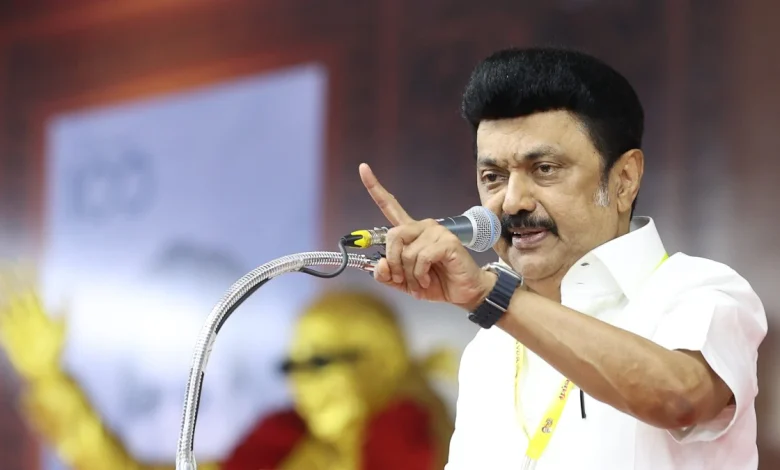Tamil Nadu Notifies 10 Acts Sans Assent After SC Verdict, Sets National Precedent

Chennai: The Tamil Nadu government, led by Chief Minister MK Stalin, has officially notified 10 legislative Acts without receiving formal assent from either the Governor or the President—marking the first instance of its kind in the country. The move follows a landmark judgment by the Supreme Court, which deemed the Bills as assented under its powers granted by Article 142 of the Constitution.
The notification, issued on Saturday, came a day after the Supreme Court published its ruling. It clears the path for the state government to appoint vice-chancellors to public universities, removing long-standing administrative hurdles.
Copy Of The Order:

According to the notification, “The Hon’ble Supreme Court in its Order dated 08.04.2025 in W.P.(C) No.1239/2023 has ruled that all actions taken by the Hon’ble President after the Bill was reserved are invalid and that the Bill shall be treated as assented to by the Governor on the date it was first presented to him.” Based on this, L.A. Bill No. 48 of 2022 is now considered to have received assent on November 18, 2023.
These Acts authorize the Tamil Nadu government not only to appoint but also to remove university vice-chancellors for wilful failure to carry out legal obligations. Governor RN Ravi had initially withheld assent and later forwarded the Bills to President Droupadi Murmu.
DMK MP Reacts:
DMK MP P Wilson hailed the move, calling it historic. Speaking to The Times of India, he said, “History is made as these are the first Acts in India to be enforced without the Governor’s or President’s signature but under the authority of the Supreme Court’s judgment.” He added that Tamil Nadu’s universities are set to enter a transformative phase under direct government oversight.
Supreme Court Rebukes Governor RN Ravi:
In its April 8 ruling, the Supreme Court criticized Governor RN Ravi for withholding assent to the Bills, calling his actions “illegal” and “arbitrary.” The judgment was delivered by Justices JB Pardiwala and R Mahadevan, who stated that a Governor cannot reserve a Bill for the President after denying assent.
“The action of the Governor to reserve the 10 Bills for the President is illegal and arbitrary… All such actions are hereby set aside,” the bench stated, according to NDTV. The court further ruled that the Bills should be considered cleared from the date they were re-submitted to the Governor.
The bench also highlighted that the Governor failed to act in good faith, noting he withheld the Bills for an extended period before forwarding them—only after the Supreme Court’s ruling in a similar case involving the Punjab Governor. The court reaffirmed that under Article 200, the Governor is constitutionally bound to act on the advice of the council of ministers.




